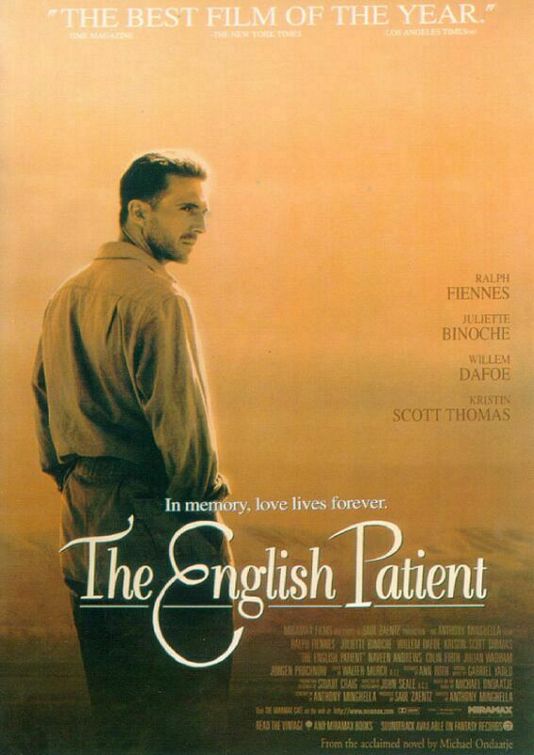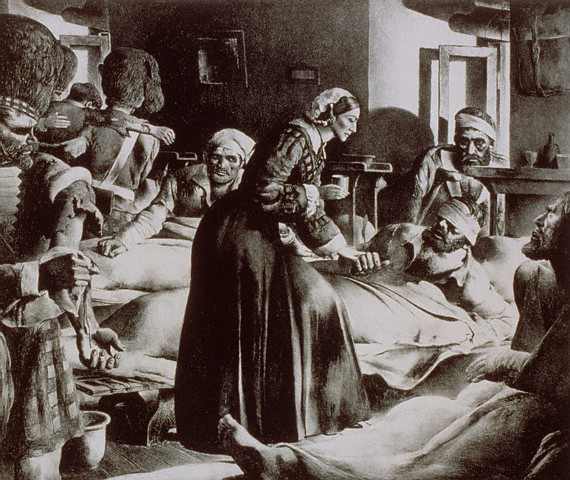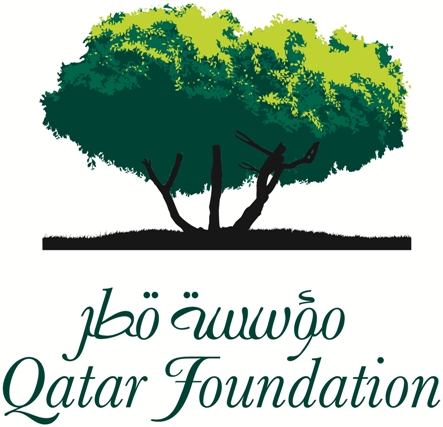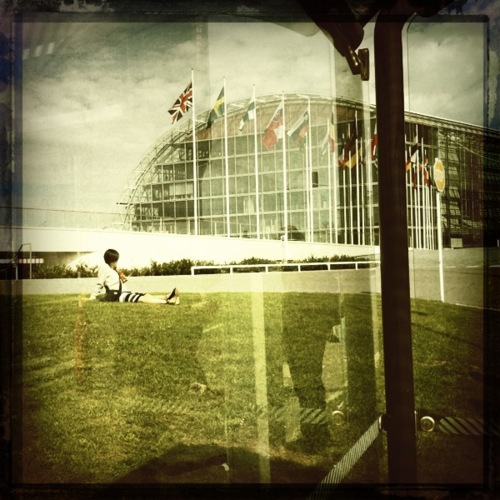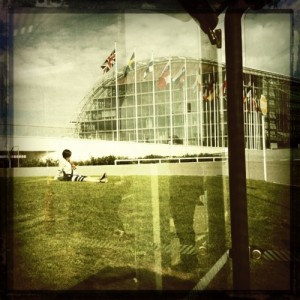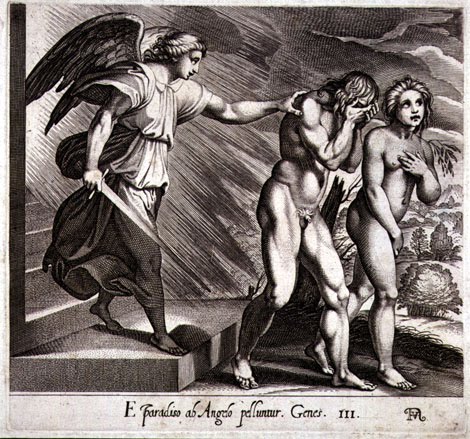You take an unplanned break from blogging and when you come back you find out that nothing much has changed. Last time we were blogging regularly (seems like ages but it’s only a week ago) we commented on the farce that was the MUMN’s badly managed PR about the stress caused to the Maltese health system by 16 Libyan patients (one has since passed away).
In the interim, Dr Gozi has declared the ITU closed for business in a very pre-Arriva bus-driver style declaration of “Full Up”. The MUMN, eager to stay ahead in the national foot-in-mouth championships couldn’t resist another jibe at the country’s manager’s political priorities. Apparently crassly insinuating that Libyans should not be treated before every last Maltese national gets his taxes worth is not enough. MUMN ups the ante and engages in further stereotypification. And what better “class” of citizens to use than the “Gozitans”?
Apparently, as a badly drafted Times of Malta headline goes: “Gozitan patients lacking same political commitment given to Libyan patients“. Which either means that the patients from Gozo are not as sufficiently politically committed as the Libyan counterparts (Not dying for the patria are we?) or – as the “given” in the title seems to insinuate – there is not sufficient priority being given to the needs of Gozitan persons coming to Malta for treatment.
Forgetting this grammatical cul-de-sac for a minute, it is absolutely ridiculous of the MUMN to actually bring this particular card out of their twisted set of lobbying instruments. The “Gozitan” cause is usually useful to either politicians who want to specialise in a “minority” niche (if it’s not South then it’s Gozo or Sliema or Siggiewi) and turn it into something really really special. It is also useful to particular columnists who tend to thrive on a bit of Gozitan beating every now and then – spuriously linking localised examples of very Maltese ignorance to one particular geographic corner- as though what happens in Gozo never happened in Bisazza Street, Rabat or Cospicua.
I know. I’m biased. But what should that change? Are we stupid enough to erect barriers in the spittle of an isle that we call home? What next? Siggiewi patients deserve more attention in Maternity Ward? And where the fuck are the ethical principles that should be the foundation for a caring profession? For heaven’s sake – doctor, nurse, scrub, whatever – if you are in a caring profession then I’d expect you in the very least to be seeing each and every patient as just that: a patient. It’s not an ID Card that you have to cure, it’s a burn, a bullet wound or a severe case of toxoplasmosis.
Gozitans, Libyans, Siggiewi people, Xewkija people – that’s not the language for nurses or their representative association. It’s the dangerous language of politicians who are prepared to go down the route of “great minds” before them… a geezer named Adolf comes to mind.
Don’t worry though. They’ve found another dog close to death in a skip. All this fuss about dying Libyans and underprivileged Gozitans will soon be sidelined to favour the plight of Malta’s latest animal hero.
I wonder if the Centru San Frangisk has a policy about particular breeds. “What? A boxer? No siree…. we’re politically committed to Chihuahuas, Spaniels and Whippets…. “
